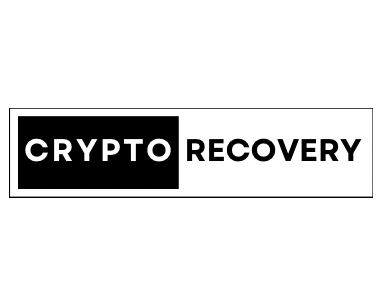Complete Guide to All Key Differences That Will Help Make the Right Choice in Investment

Financial derivatives can be equally powerful tools in the hands of an investor for managing risk, speculating, and diversifying a portfolio strategy. However, futures and options have long been a confusing choice for new traders. This guide will help you explore the differences, pros, cons, and best practices in determining which derivative contract aligns with your goals.
What are Futures and Options?
Futures Contracts
A futures contract is a legal agreement between a buyer and seller to exchange an asset at a predetermined price on a specified future date. Unlike options, which offer a choice, futures represent a commitment to the trade, regardless of market conditions. This makes futures contracts particularly useful for businesses and investors looking to hedge risks or lock in prices for commodities, financial instruments, or other tradable assets. The standardized nature of futures also facilitates easy trading on exchanges, offering liquidity and transparency. If you’re interested in exploring different trading options, many futures trading platforms offer tools and resources to get started.
Options Contracts
Options are different in that they provide the right but not the obligation to buy or sell an asset at a certain price before the contract expiration. Options can be further distinguished as call options—the right to buy—or put options—the right to sell—offering latitude that is not seen with the futures contracts.
Key Differences Between Futures and Options
- Obligations and Flexibility
Futures: It is obligatory for buyers and sellers to carry out the contract at the specified price and date, adding more risk but making futures a potent hedging instrument.
Options: Buyers have no obligations to exercise the contract, thus options can provide flexibility for volatile markets. - Levels of Risk and Level of Leverage
Futures: The level of leverage for futures is high, meaning even a small movement in the price can translate into enormous gains or losses. Due to that, futures become relevant for investors capable of sustaining high levels of risk.
Options: Due to the ultimate limitation of risks to the premium paid, options allow investors more control over a bigger position with minimal capital investment. The options are, of course, comparatively lower risk, while the payoff is also consequently capped by the option premium. - Pricing Structures
The valuation of a futures contract considers prevailing market price besides other costs such as storage costs and interest rates. Options, on their part, base their pricing on the market price of the underlying asset, time to expiration, and market volatility. - Time Decay Factor
Options suffer from the factor of time decay, which means that the more the date of expiry approaches, the lesser the value of the option. This is something not troubling the futures, and hence, may be considered favorable to long-term investors. - Market Liquidity
Futures are relatively more liquid, particularly in commodities and popular financial indexes. The most significant types of options include: Options liquidity can be thinner, particularly for less popular contracts or those that are far from the strike price.
Pros and Cons: Futures vs. Options
Pros of Futures
- High leverage means significant gains with little capital.
- Can be used to hedge against market risks such as changes in commodity prices.
- No time decay to concern oneself with.
Cons of Futures
- Higher risk due to leverage magnifying potential losses.
- More significant initial capital is needed.
Advantages of Options
- Limited risk to the amount of premium paid.
- Flexibility in letting the contracts expire without an obligation.
- Useful for speculative plays or hedging an existing position.
Disadvantages of Options
- Time decay may erode value, especially in volatile markets.
- Pricing is more complex, with more variables affecting premium pricing.
Choosing Between Futures and Options: Practical Considerations
When deciding between futures and options, consider your risk tolerance, investment horizon, and the underlying asset. If you prefer lower risk and greater flexibility, options may be the right choice. On the other hand, futures can provide higher leverage and simpler pricing for investors who can closely monitor market movements.
Futures and options are potent investment tools serving different purposes. While futures offer higher risk and reward with no time decay, options offer flexibility with limited downside. The choice of instrument would depend upon your trading goals and risk appetite.
















Leave a Reply